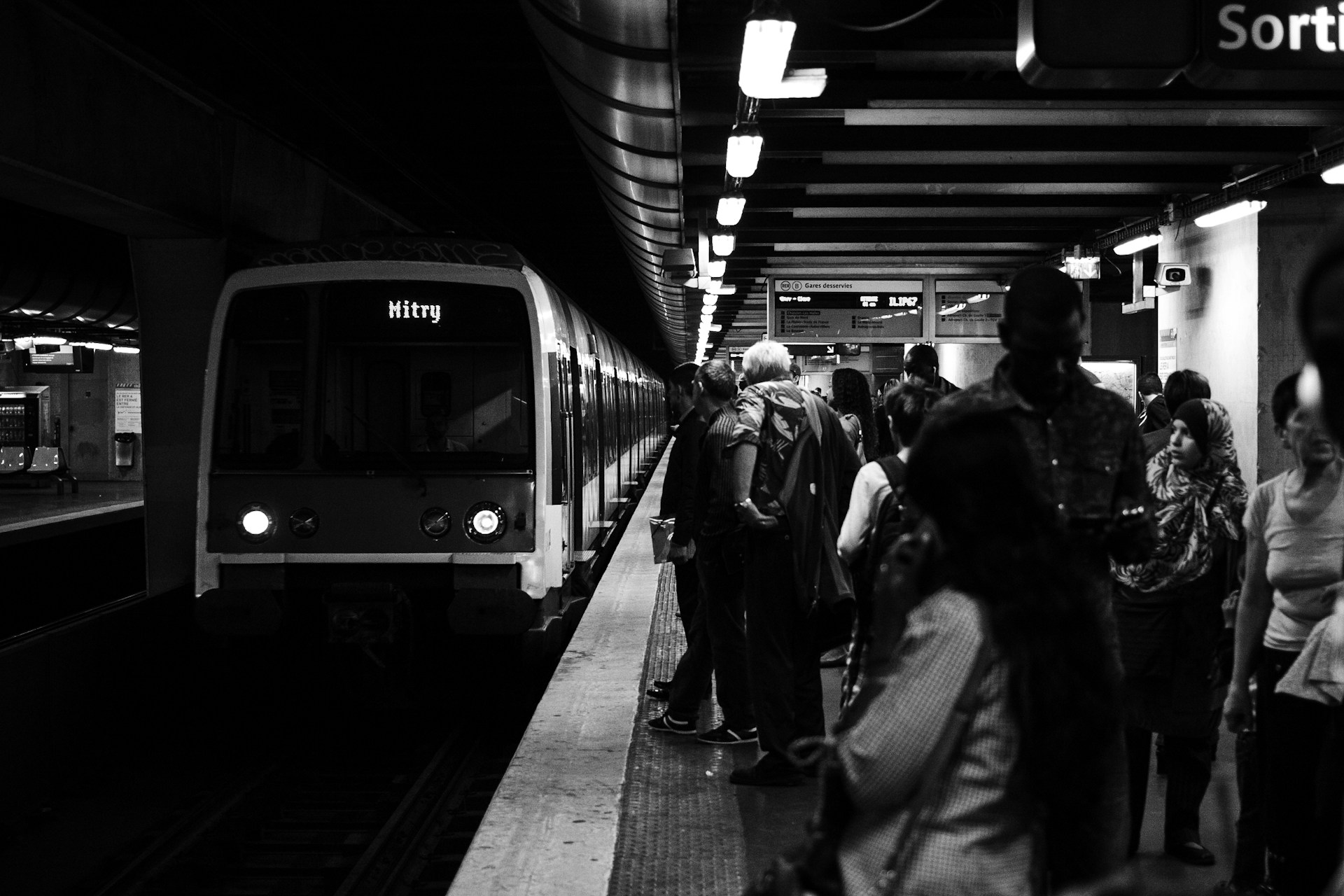Repairs: Tenant Rights and Responsibilities in 2025

Repairs: Tenant Rights and Responsibilities in 2025.
When renting an apartment, it is essential to understand your rights and obligations regarding repairs and maintenance. Whether you are a tenant or a landlord, this guide explains which repairs fall under whose responsibility and how to handle necessary work in your rental property in 2025.
Who is responsible for repairs in a rental?
In France, the legal obligations of tenants and landlords regarding maintenance and repairs are clearly defined by law.
- The landlord is responsible for major repairs and maintaining essential equipment to ensure the safety and proper functioning of the property.
- The tenant is responsible for routine maintenance and minor repairs.
To avoid disputes, these responsibilities should be clearly outlined in the lease agreement.
Landlord’s obligations
The landlord is required to provide a property in good condition that meets safety standards. They must ensure:
- Structural repairs: roof, load-bearing walls, floors.
- Maintenance of essential equipment such as heating, hot water, and electricity.
- Compliance with new regulatory standards.
- Major repairs affecting the safety or habitability of the property.
Tenant’s obligations
The tenant is responsible for the regular upkeep of the property. This includes:
- Unclogging pipes, maintaining seals and siphons.
- Replacing fuses and light bulbs.
- Cleaning and maintaining walls and floors.
- Proper use and maintenance of provided equipment (range hood, heating system, refrigerator).
- Routine maintenance of a private garden or terrace.
The tenant must pay for any damage caused by negligence or by their guests.
Repairs and maintenance: who pays for what?
Certain minor repairs are the tenant’s responsibility, such as:
- Replacing light bulbs.
- Unclogging pipes.
- Maintaining wall paint and floor coverings.
However, more significant repairs fall under the landlord’s responsibility, including:
- Repairing the heating system.
- Replacing a faulty faucet.
- Restoring electrical installations.
If in doubt, refer to the official list of rental repairs outlined in Decree No. 87-712 of August 26, 1987, still applicable in 2025.
Can a tenant modify a rental property?
Tenants may make minor modifications as long as they restore the property to its original state at the end of the lease.
- Painting walls (with landlord approval if the color is particularly bold).
- Installing shelves or furniture (filling holes before leaving).
- Replacing furniture or appliances provided by the landlord (with prior consent).
However, any structural changes, such as removing a partition or replacing fixtures, require the landlord’s written consent.
What to do in case of a dispute over repairs?
If necessary repairs are not carried out by the landlord or a dispute arises, the following steps are recommended:
- Send a registered letter with acknowledgment of receipt to the landlord.
- Request mediation through the departmental conciliation commission.
- As a last resort, take legal action before the judicial court.
It is advisable to keep all written proof, such as email exchanges, repair estimates, and photos of any damages.
Conclusion
Understanding the respective responsibilities of tenants and landlords helps avoid disputes and ensures proper maintenance of the property. In 2025, the rules remain unchanged, but clear communication between both parties remains key to a smooth rental experience.
Looking for a furnished apartment? Check out our listings on Lodgis.
Also, read our guide on how to create a strong rental application to improve your chances of finding an apartment.















